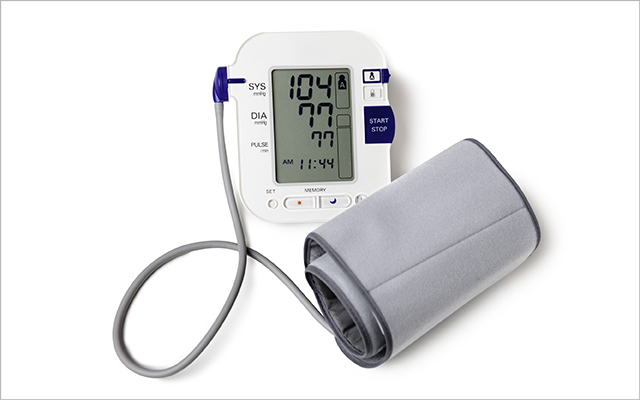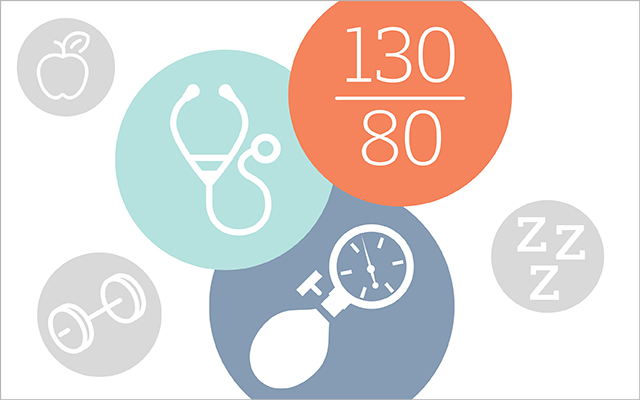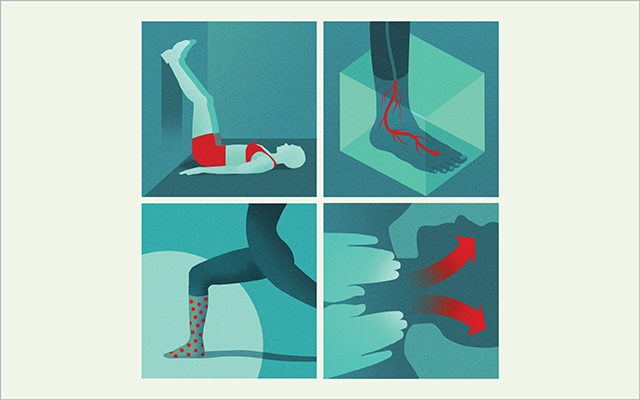Heart & Cardiovascular Health
LATEST STORIES
Salt: Small Decreases Bring Big Rewards
The New York Time’s Jane Brody offers tips for reducing salt intake.
How Much Cardio Do You Really Need?
Don’t just “do cardio.” Transform your conditioning program by doing the right amount and intensity to drive results.
3 Unique Ways to Assess Your Heart Health
These simple-to-conduct assessments can provide valuable insights into the health of your heart — and guidance for your fitness regimen.
The Benefits of Alkaline Water
Research suggests alkaline water may help lower blood pressure and cholesterol and moderate the effects of diabetes.
HIIT for Heart Health
Interval training improves the transfer of calcium in the heart’s cell membranes, according to a recent study.
NATURAL MENTAL HEALTH: How Heart-Rate Variability Affects Your Stress Response
Discover how to create heart-rate coherence for a greater sense of calm.
Is Exercise as Good as Medicine When It Comes to Treating Blood Pressure?
That’s the upshot of a recent study.
Healthy Breakfast, Healthy Heart?
Can a healthy breakfast reduce your risk of heart disease?
6 Misconceptions About Blood Pressure to Rethink
It’s time to cut through the confusion about this common health metric.
Does Muscle Mass Equal Heart Health?
Greater muscle mass is associated with a lower risk of cardiovascular disease, according to a recent study.
5 Lifestyle Changes to Lower Blood Pressure
Hypertension can be managed with nutrition, exercise, and other lifestyle factors.
Understanding Blood Pressure Guidelines
Learn what functional-medicine healthcare providers think of the latest blood-pressure guidelines — and how to manage your blood pressure wisely.
What Causes Nosebleeds?
Excessive nose picking and dry air can lead to a nosebleed, but so can high blood pressure and allergies. Here are some possible causes — and what you can do.
Healthy Heart = Healthy Brain for Seniors?
Tending to your cardiovascular health may ward off dementia in seniors, a recent study says.
PUMPING IRONY: Calm Down and Carry On
The Medical-Pharmaceutical Complex has been elevating my blood pressure for years by trying to convince me that the systolic readings produced in my doctor’s office matter. New research renders that argument moot.
Salt’s Role in Blood Pressure and Heart Disease
Even if you have high blood pressure, experts say, salt may not be the culprit.
New Blood Pressure Guidelines: Experts Weigh In
We asked some trusted experts to weigh in on the new guidelines expanding the definition of high blood pressure. Here’s what they had to say.
PUMPING IRONY: No Pressure
Geezers facing ever stricter demands to lower their blood pressure might want to look beyond the American medical-pharmaceutical complex for guidance.
4 Exercises to Boost Your Circulation
Trying to improve your circulation? Try these four exercises.
The Truth About Circulation
Can exercise help varicose veins? Are there quick fixes for cold hands? Learn what’s true — and false — when it comes to circulation.
How Exercise Affects Circulation (and Vice Versa)
Discover how your circulatory system can support athletic performance — and help nutrients flow through the body.




















